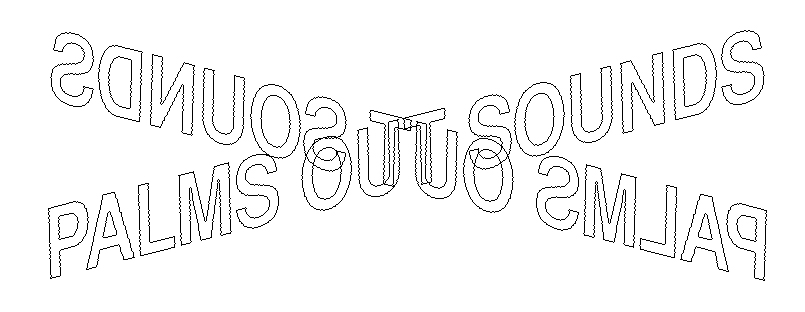
The common wisdom is that short term memory is encoded primarily acoustically and can only store about seven items at a time (like the seven digits of a US phone number), where long term memory is generally best recorded semantically and visually. Anterograde amnesia is the loss of short term memory, or more specifically, the inability to create new memories. There’s an opposite, sort of. It’s called hyperthymesia, and it’s a condition where someone essentially can’t forget any of the details of their own life experiences. The first person diagnosed with this syndrome (of which there are only ~60) is Jill Price, who can recall details about every day of her life since February 5th, 1980. She’s described how much of a burden it has been to live with this kind of memory, which doesn’t seem to me unlikely in the least. I’ll probably only be able to recall a handful of days of my life with the detail that Price can for most days of hers, yet I can absolutely relive the angst of my bad ones at any moment. The right trigger can bring me right back into an embarrassing moment I had when I was 12, or overwhelm me with the dull horror of receiving terrible news. Memory is pungent and enveloping, and you don’t often get a choice about it. Apparently, brain scans of some people with hyperthymesia look similar to those with certain types of obsessive compulsive disorder or PTSD. Remembering the good moments can be wonderful too, but isn’t it pretty universal that recalling those moments doesn’t generally have the same transportive quality?
Aleph Om (ℵॐ) is the assumed name of Detroit-based composer Alexander Brown. His latest record, Planes of Broken Mirrors feels like it’s about memory. Like so much of the music I’ve compared to Boards of Canada over the years, this album is innately nostalgic. But where most nostalgia-conscious music like BoC is nostalgic precisely because it conveys warmth, rose-tint, and childhood melancholia, Brown here seems just as concerned with capturing the dread and anxiety of emotional permanence and ceaseless memory itself. A few more-or-less overt references to this concept show up in some of the song titles (“I am Completely Haunted by the Past”, “Every Mother Was Cradled”), but currents of both warmth and ennui run throughout the album—often cooperatively.
Brown does deliver a few moments of relatively pure beauty and comfort here (“Cuddle Forever”, “Ripples”), but the strongest sequences on Planes of Broken Mirrors are those where stress and romance meet. “Simex Erasures” feels like getting chills under a heatlamp, like hurriedly entering an aggressively heated vestibule after being soaked in a sleet storm. “Esoteric Grocery Shopping” sounds like the musical embodiment of a thousand-yard stare, “Unbelievable Sojourn” an illustration of the way bucolic or pastoral beauty can persist in a place even in the aftermath of war or destruction.
This is music that attempts to bridge the ephemeral and the enduring. It’s music that recognizes it is definitionally delivered acoustically, but tries to reach its listeners’ semantic and visual memories, even occasionally at the listeners’ expense, but mostly for their benefit.
Planes of Broken Mirrors is out now for streaming or on bandcamp.
Aleph Om – “Unbelievable Sojourn” (bc)
Aleph Om – “Simex Erasures” (bc)
Aleph Om – “Esoteric Grocery Shopping” (bc)

